Boris Johnson has announced his intention to resign as the leader of the Conservative Party, meaning the UK will have a new prime minister at some point in the near future.
HeÔÇÖs not the first person to stand down while in office and, when it happens, it generates huge interest and headlines. ┤¾¤¾┤½├¢ Bitesize takes a look at other prime ministerial resignations from throughout history, the first of which dates back to the 18th Century.
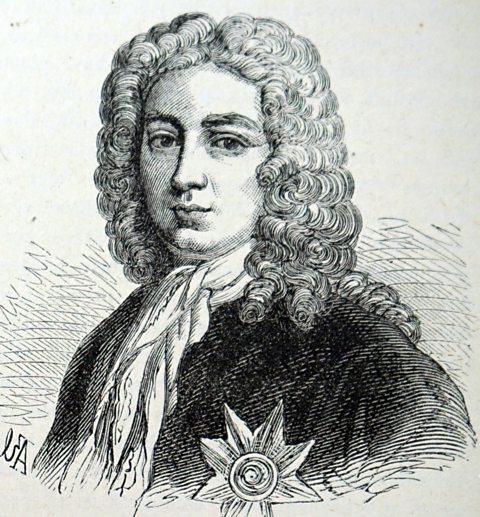
Sir Robert Walpole - the first resignation
Considered to be the UKÔÇÖs first Prime Minister, Sir Robert Walpole not only had the distinction of holding office the longest, but was also first to resign. After being appointed Lord of the Treasury, Chancellor of the Exchequer and Leader of the Commons, he stayed in the job from 1721 to 1742. He was a member of the Whig party, the political rival to the Tories between the late 17th Century and mid 19th Century.
In 1735, 10 Downing Street was gifted to Walpole by King George II, and has been the residence of the Prime Minister ever since.
After almost 20 years as Prime Minister, opposition to Walpole grew. He declared the War of Jenkins Ear against Spain in 1739 due to a trade dispute. In 1741, the Whigs had a poor election result, reducing their majority. Walpole stood down in February 1742, became the first Earl of Orford and died just three years later.

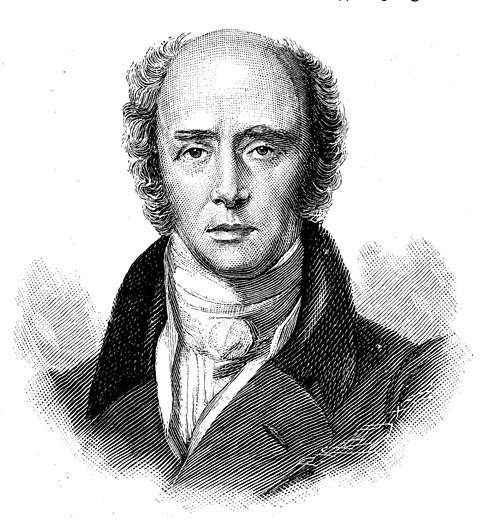
The second Earl Grey - reforms followed by resignation
If youÔÇÖve ever enjoyed a cup of Earl Grey tea, then Charles Grey - the Whig Prime Minister between 1830 and 1834 - is the man to thank for it. After enjoying a cup of the hot drink presented to him as a gift, British tea merchants were asked to reproduce the distinctive bergamot flavour. He and his wife Mary had 15 children.
Earl Grey also made notable political achievements. In 1832, he introduced the Reform Act, which created new Parliamentary constituencies. In 1833, another of the major acts of Earl GreyÔÇÖs time in office abolished the purchase and ownership of enslaved people, although it would be some years before they were eventually freed from their owners.
Earl Grey resigned as Prime Minister in 1834, due to government policies related to Ireland. In his resignation speech on 9 July, he said: ÔÇ£I leave the government with the satisfaction, at least, that in having used my best endeavours to carry into effect those measures of reform that the country required, I have not shrunk from any obstacles.ÔÇØ

Harold Wilson - the surprise resignation
The Labour PartyÔÇÖs Harold Wilson was Prime Minister twice, from October 1964 to June 1970, and then again from March 1974 to April 1976. Key changes that took place during WilsonÔÇÖs time in office include abolishing capital punishment, creating the Open University and the decriminalisation of homosexuality.
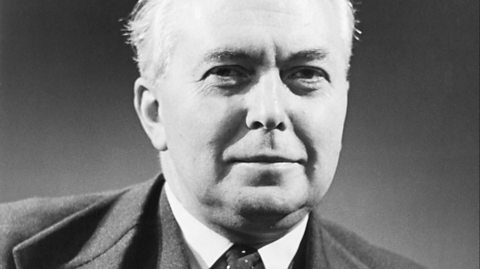
His resignation in 1976 is notable for taking most of the public and his party by complete surprise.Having fought two elections to regain power in 1974 (after the first resulted in a hung parliament), it was assumed Wilson would then serve a full time in office. Only WilsonÔÇÖs closest friends and colleagues knew of his intention to resign. He was succeeded by James Callaghan.
Wilson then remained in the House of Commons until 1983, before taking a seat in the House of Lords.
Margaret Thatcher - the tearful resignation
As well as being the UKÔÇÖs first female Prime Minster, Margaret Thatcher was the 20th centuryÔÇÖs longest-serving, with 11 years in power. She won three successive general elections for the Conservative Party, in 1979, 1983, and 1987.
Margaret ThatcherÔÇÖs government made major changes to the running of the country. Examples included having private companies and people running things instead of officials, and selling off industries previously run by the government, such as British Gas.
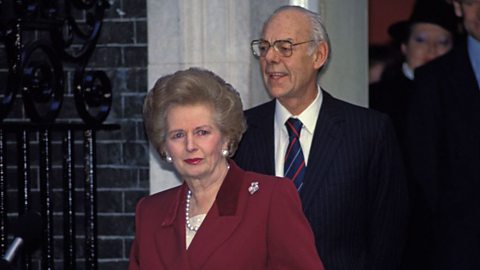
Her resignation came after a leadership challenge in November 1990. Thatcher beat her opponent Michael Heseltine, but the majority was too slim to not require a second ballot. Initially vowing to ÔÇÿfight on and fight to winÔÇÖ, Thatcher instead chose to resign after consulting her colleagues, who advised she faced defeat.
Once dubbed ÔÇÿthe Iron LadyÔÇÖ, reporters were quick to react when the visibly upset former prime minister shed a tear as her car departed Downing Street.
This article was published in July 2022.
Nine of ParliamentÔÇÖs most weird and wonderful traditions
From stealing a big gold stick unravelling debates, to appointees being dragged into work, Parliament can be a very strange place.
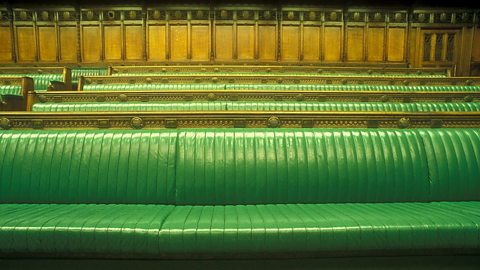
Discover the history of the womenÔÇÖs movement in Britain
┤¾¤¾┤½├¢ Teach

Quiz: Can you ace our Wimbledon quiz? quiz
Do you know why the players wear white, or how long the grass has to be before each match? Test your niche knowledge!
